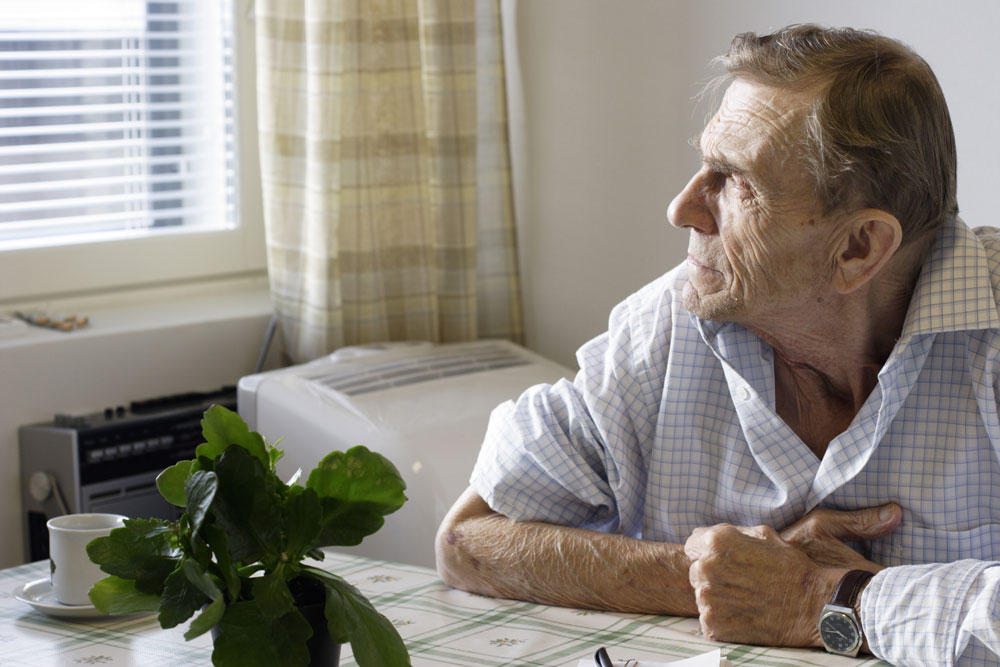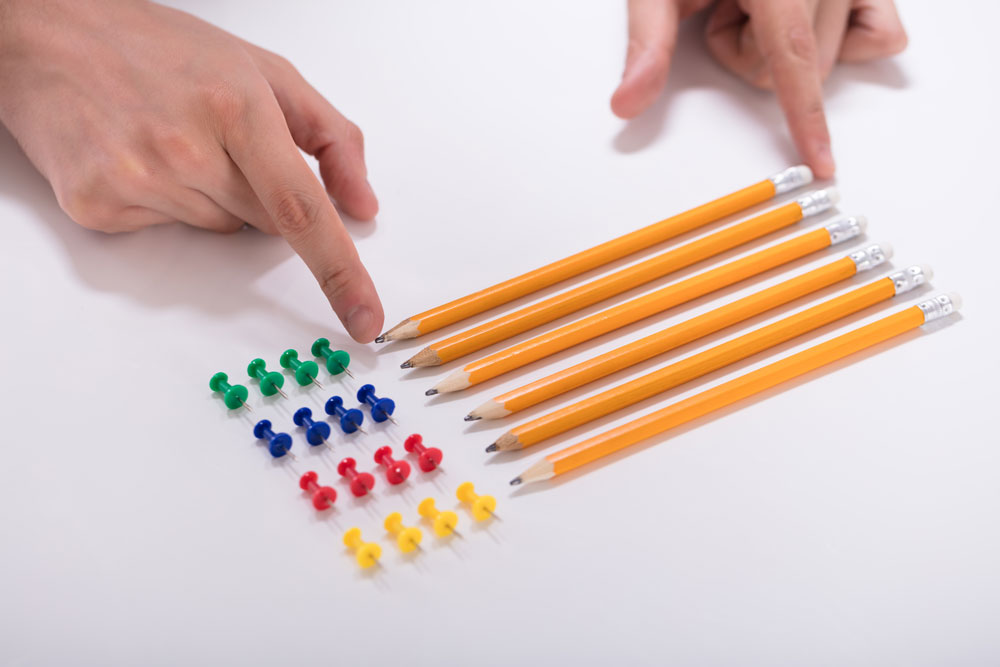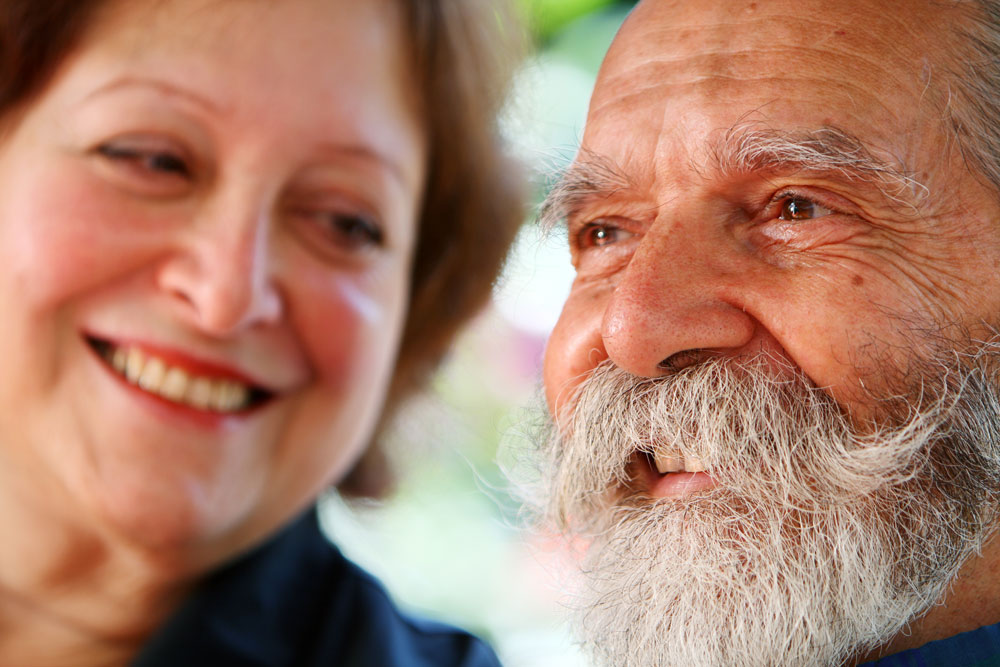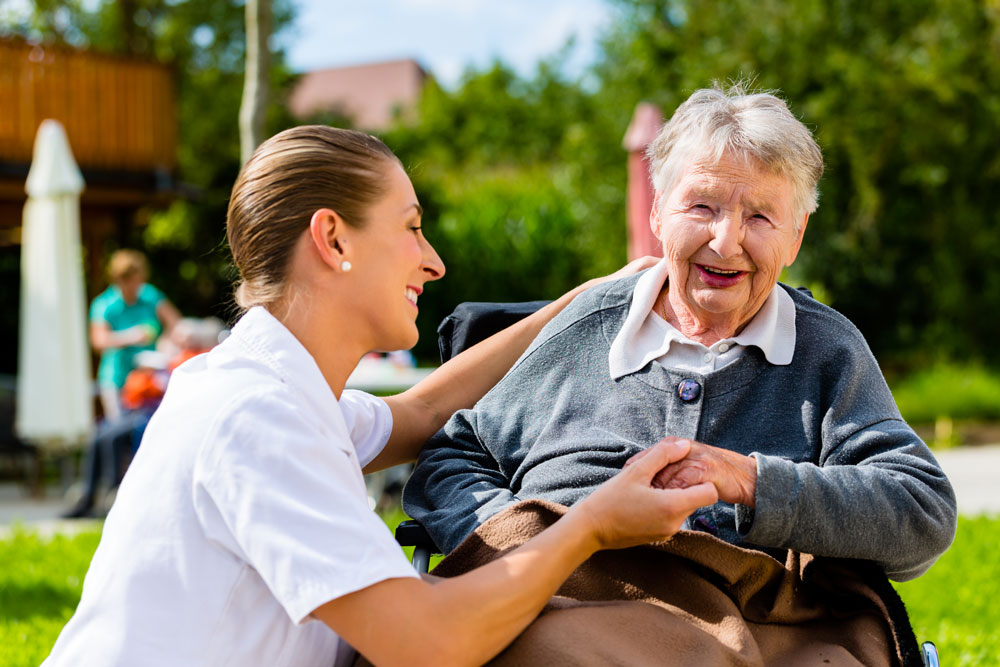Death
This article is translated with AI and is based on Swedish conditions. Hopefully, it can inspire interested people from other countries.
The majority of those who move to elderly care end their lives there. The work of determining death, taking care of the deceased and the relatives needs to be done with dignity. In addition, they require knowledge about how the deceased and their relatives want it to be. Death can be both scary and beautiful. With knowledge and consideration, the care of the deceased and their relatives can become a beautiful memory.
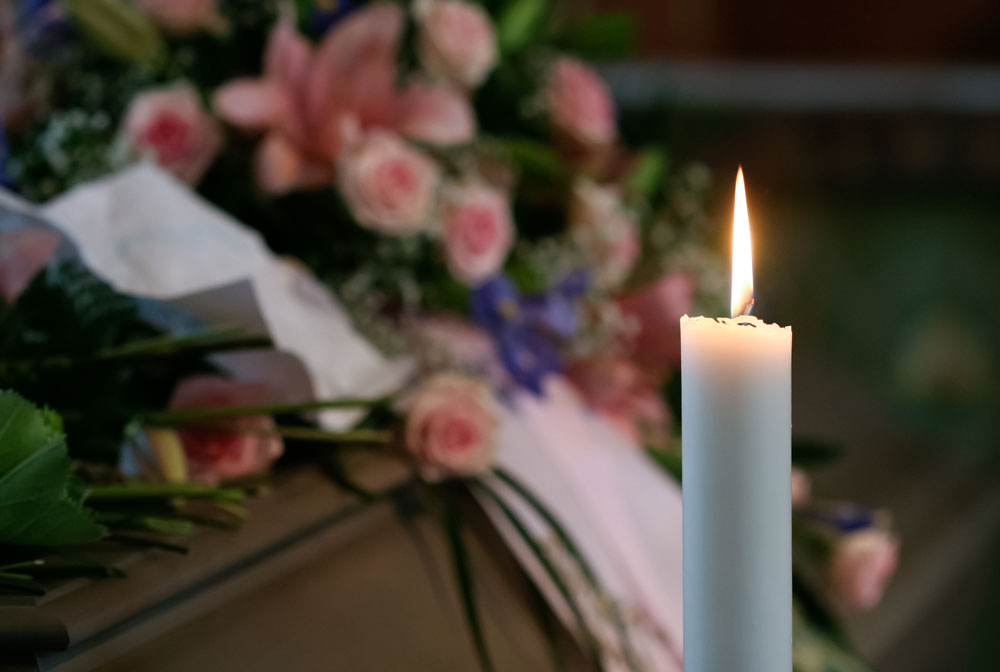 Foto: Mostphotos
Foto: MostphotosEstablishing Cause of Death
A cause of death must always be established by a doctor. In cases of expected death, the clinical examination may be delegated to a nurse if a doctor has delegated the responsibility by completing a form for "establishing expected death". The nurse listens with a stethoscope for heart sounds and shines a flashlight in the deceased's eyes to ensure that the deceased is dead. In cases of unexpected death, the doctor must come out for assessment. It also includes deciding whether to contact the police.
If the identity of the deceased is known, the body should be provided with an identity band. The band is attached to the deceased's hand or ankle. If the deceased has a pacemaker, it should be apparent from the death certificate, name card, and transport certificate. The same applies if there is a risk of infection.
Taking Care of the Bereaved
For the bereaved, it is important how care is provided. If possible, relatives should be informed that death is imminent, so that those who wish can come and say goodbye. There are many traditions and cultural aspects to consider when dealing with death in healthcare. To do this, we need to know what the family wants in each individual case.
For many, the loss of a close relative leads to a crisis reaction. Crisis reactions are usually divided into four phases - the shock phase, reaction phase, processing phase and reorientation phase. People react differently to crisis situations. Healthcare professionals sometimes have to deal with strong emotional expressions from relatives in connection with death.
Even an expected death can be emotional and overwhelming for the mourners. It can be about guilt, anger, bitterness and/or denial. Always act with dignity towards both the mourners and the deceased. The deceased must be taken care of with dignity and naturally. Adapt the care to the wishes of the deceased and the bereaved.
Taking Care of the Deceased
Many nursing homes have a white box or otherwise gathered material and information on how the deceased should be taken care of. The Care Handbook has a list of actions to take in connection with death. It may be a good idea to ensure that the routines are in line with the care handbook. It may be a good idea to go through the routines before you encounter your first death so you feel safer when it happens.
Even healthcare professionals have and should have feelings. When someone has cared for a resident for many years and they pass away, healthcare professionals often feel sorrow. It requires that employees and colleagues take care of themselves and each other in order to get to know and connect with new people who come for care.
Reflection - Death
Care staff:
• Do you have good routines for taking care of a deceased resident?
• Do all colleagues know the routines?
Manager, nurse, occupational therapist and physiotherapist:
• Do you have good routines for information to other residents?
• Is it noted which relatives want to be called at night?
• Are the on-call nurses informed about how you want the deceased to be taken care of?
Residents and relatives:
• Do you have traditions or wishes in your family that the nursing home should be aware of?
Erland Olsson
Specialist nurse
Sofrosyne - Better care every day

Aktuellt i media
-
2025-12-18 04:00
16 Sjukdom och död
Survivor conversations - an important element in working with next of kin
info Bild från Summer Stock
Bild från Summer Stock - 2025-12-15 04:00 17 Psykisk hälsa
- 2025-12-11 04:00 07 Riskhantering
- 2025-12-08 04:00 06 Dokumentation
- 2025-12-03 04:00 06 Dokumentation
- 2025-12-01 04:00 02 Värdegrund

